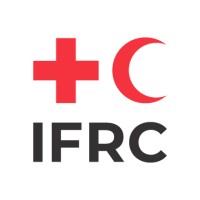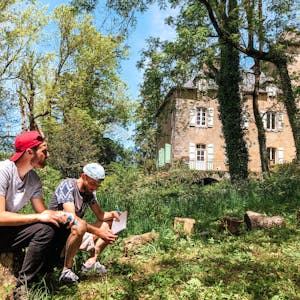Entrepreneurship in the territories: is it the right time?


The International Federation of Red Cross and Red Crescent Societies (IFRC) is the world's largest humanitarian network.
Project objectives
Nature-based solutions (NbS), are actions to protect, conserve, restore, sustainably use and manage natural or modified terrestrial, freshwater, coastal and marine ecosystems, which address social, economic and environmental challenges effectively and adaptively, while simultaneously providing human well-being, ecosystem services and resilience and biodiversity benefits (UNEA5, 2022)
They can include the protection and restoration of forests and mangroves, agroforestry, the conservation or restoration of wetlands, or the creation of urban green spaces... These approaches have recently gained much traction as they address both climate adaptation and mitigation challenges, among many other benefits, such as Disaster Risk Reduction.
NbS are a priority area of work for the IFRC. The IFRC Plan and Budget 2021-2025 recognises the importance of NbS under the Strategic Priority on Climate and Environmental Crises. NbS are also a focus of the IFRC's Global Climate Resilience Platform, which aims to catalyse accelerated investment and support for locally-led climate action that reaches the most vulnerable.
For years, National Societies in the Asia-Pacific region have been working with nature in a variety of community support activities and today they are looking to position themselves as key players in the region. To do so it is necessary to have a clear picture of the regulatory framework they will be working in at national level, and specifically how Nature based solutions are considered in the Disaster Risk Reduction legal framework.
The internship will cover the following countries: Bangladesh, Malaysia, Timor Leste, Philippines, Fiji
Job Purpose
Learning objectives:
Job Duties And Responsibilities
Qualifications
Minimum Requirements:
Preferred Qualifications
Experience
Discover all the resources to inspire and guide you in the world of positive impact. Testimonials, analyses, job descriptions and skills of tomorrow, everything you always wanted to know without daring to ask.






You no longer thrive in your work, and you plan to change profession to find more meaning in your professional life? Discover the resources to help you think about a retraining project and find your way.